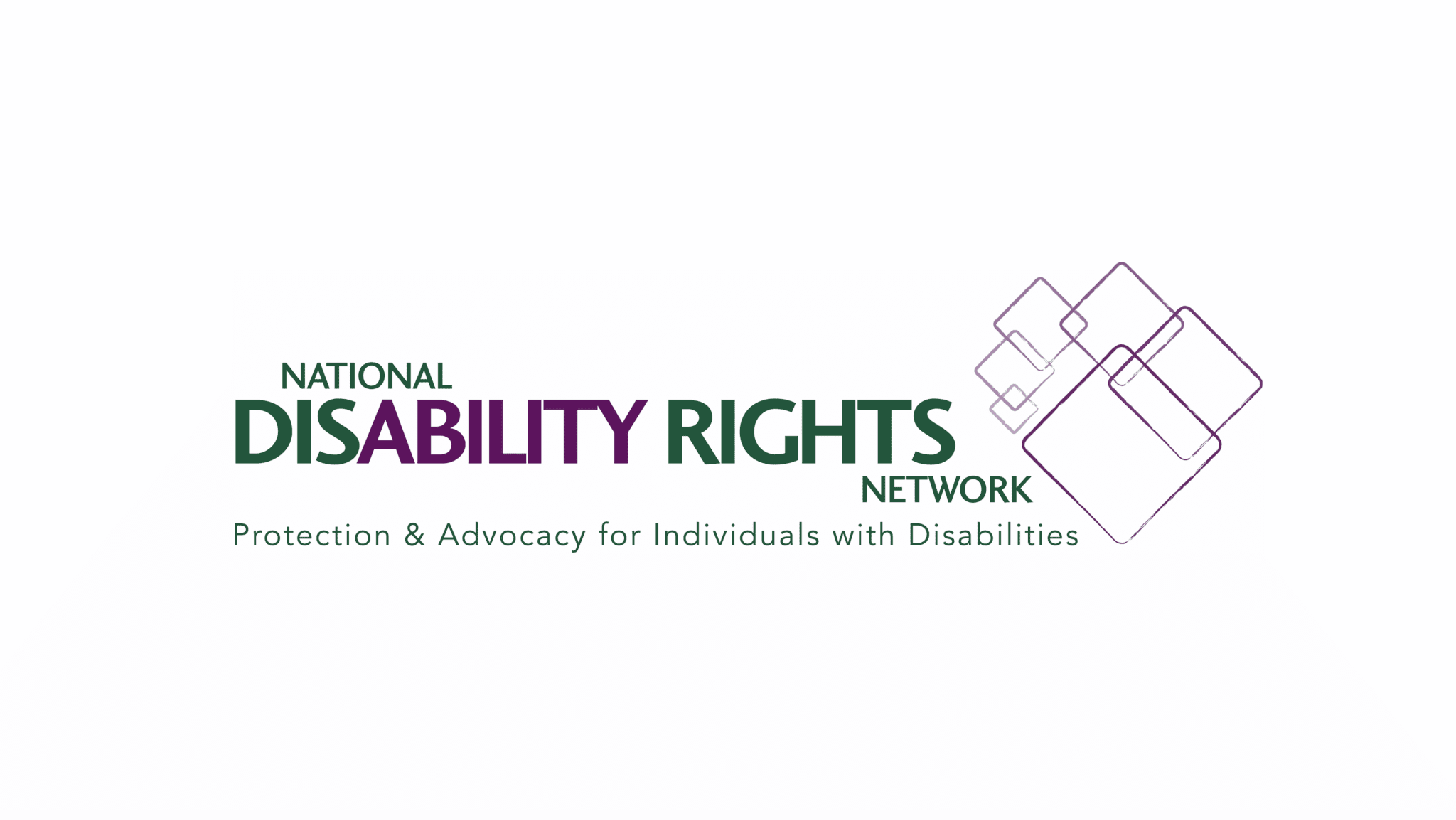The National Disability Rights Network (NDRN) understands the challenge of administering elections in the context of the COVID-19 global pandemic. It is critical that elections administrators make every effort to run elections on schedule, protect the health and safety of voters and elections personnel, and preserve access to the ballot for voters with disabilities.
As voters adapt to the significant challenges COVID-19 brings to America’s electoral system, NDRN encourages election administrators to enhance their options for remote voting while maintaining in-person voting systems to the greatest extent possible.
Enhancing options for remote voting:
- Extend the opportunity to cast an absentee ballot to all eligible voters, without restriction.
- Extend the deadline to request an absentee ballot.
- Extend deadlines by which absentee ballots must be postmarked or received by the elections office.
- Relax requirements for witnessed signatures or notarized signatures, where such requirements exist.
- Provide absentee ballots with self-sealing, prepaid envelopes for ballot return.
- Establish additional drop sites for completed absentee ballots.
- Extend options for ballot delivery and return to all voters, where currently ready for use and made available to some voters, including but not limited to electronic blank ballot delivery, electronic remote ballot marking, and mobile phone voting.
- Voters should be allowed to designate any individual, including personal care attendants and nursing home and residential facility staff, to pick up the voter’s absentee ballot and return the voter’s completed absentee ballot.
- Allow the voter or the voter’s designee to return the completed ballot at any elections office, polling place, or designated drop off location in the jurisdiction.
- Deliver absentee ballots to nursing homes, residential facilities, and public housing facilities that were previously used as polling places and relocated as a result of COVID-19 concerns. Elections staff, representing each political party, can assist in completion of ballots when needed and should collect completed ballots and return them to the elections office by the close of election day.
Maintaining in person voting options:
- Containing the spread of COVID-19 and protecting residents of nursing homes and residential facilities who are at greatest risk is of critical importance. While less than ideal, some closure and relocation of polling places is expected.
- In-person voting options must be maintained to the greatest extent possible to ensure access for all voters, particularly voters for whom traditional mail in voting systems are not accessible.
- All operational polling places should be converted to vote centers, and voters should be allowed to cast their ballots at any polling place in the jurisdiction.
- Voters should be allowed to vote curbside, even in states where curbside voting is not currently an option by law, to ease ADA compliance issues that will inevitably arise from unexpected relocation of polling sites and to allow voters at greater risk in regard to COVID-19 to limit their exposure.
- Alternate polling locations should be within close proximity to the closed location and available by similar options for transit, whenever possible.
- Alternate polling locations must be ADA compliant.
- Where an ADA compliant location is unavailable, same-day temporary modifications can be made to ensure ADA compliance during polling hours.
- Voters must be notified as early as possible of any changes to their polling places, and notification must be provided in accessible formats.
NDRN is the non-profit membership association for the congressionally mandated Protection & Advocacy (P&A) agencies, which exist in every state, district, and territory in the United States. The P&As are mandated by the Help America Vote Act to “ensure the full participation in the electoral process for individuals with disabilities, including registering to vote, casting a vote and accessing polling places” and are the leading experts on access to the vote for people with disabilities in the U.S.
Elections administrators must be vigilant to ensure access for all voters in a challenging environment. The P&As are available to provide assistance, and the P&A in every state, district, and territory can be found on our website. For questions regarding this statement, please contact Michelle Bishop, Voting Rights Specialist at [email protected].

